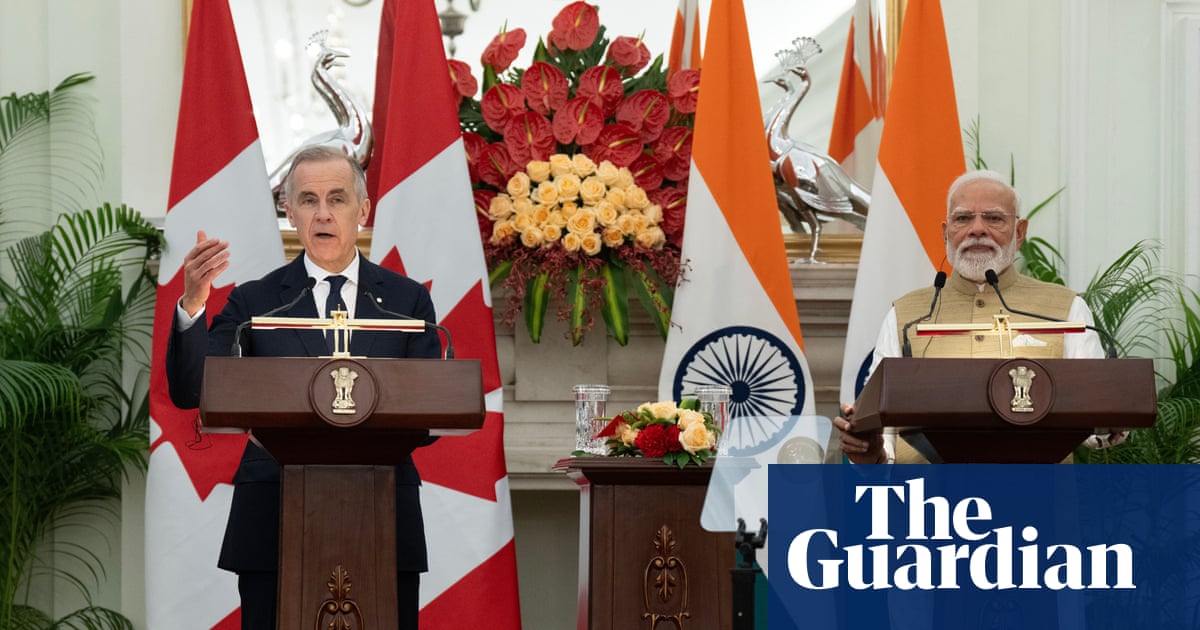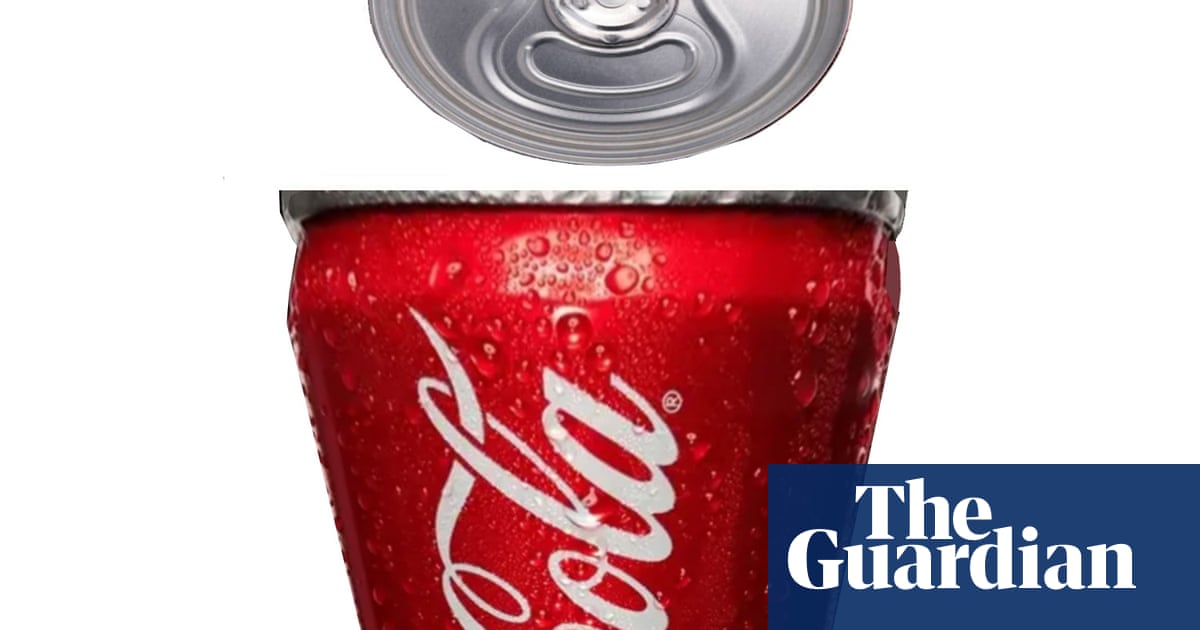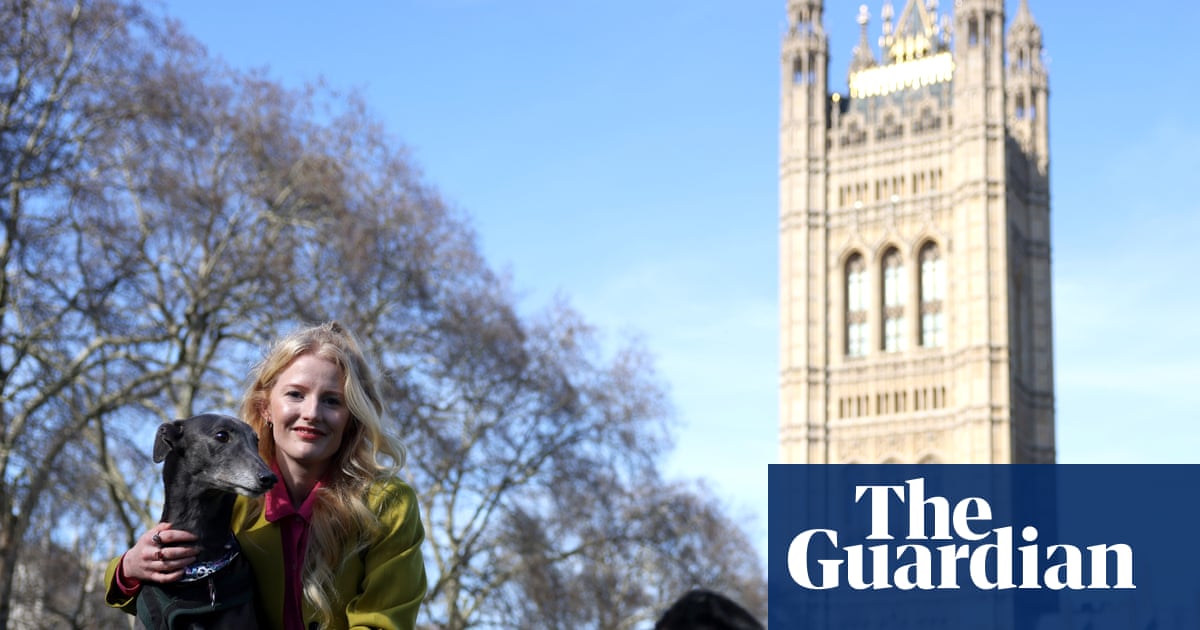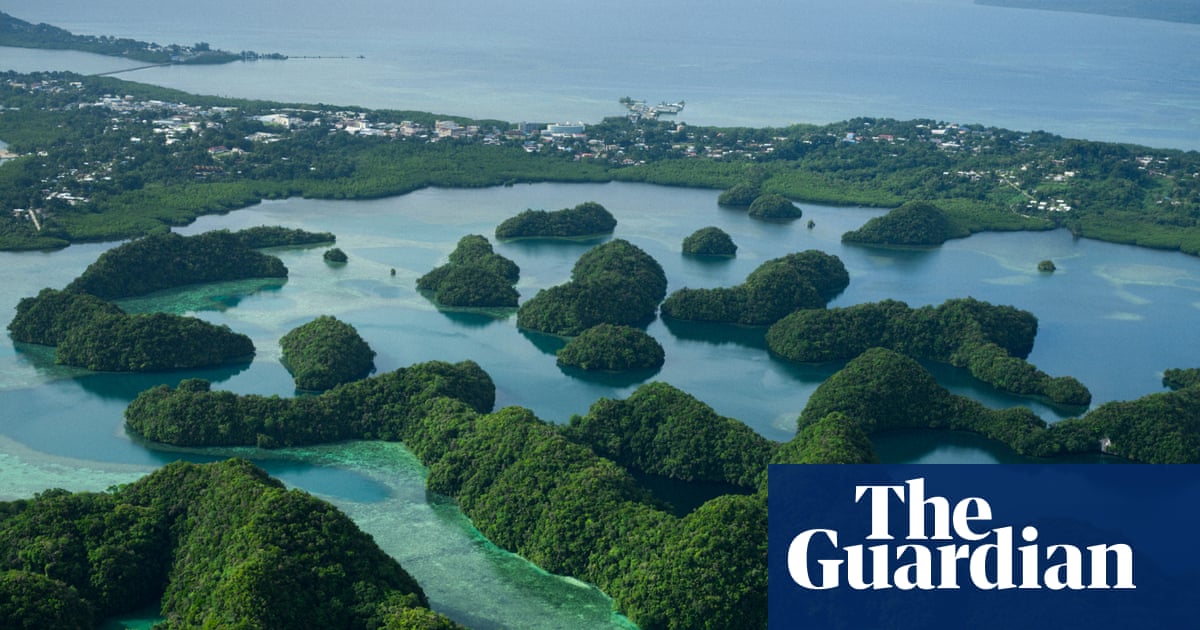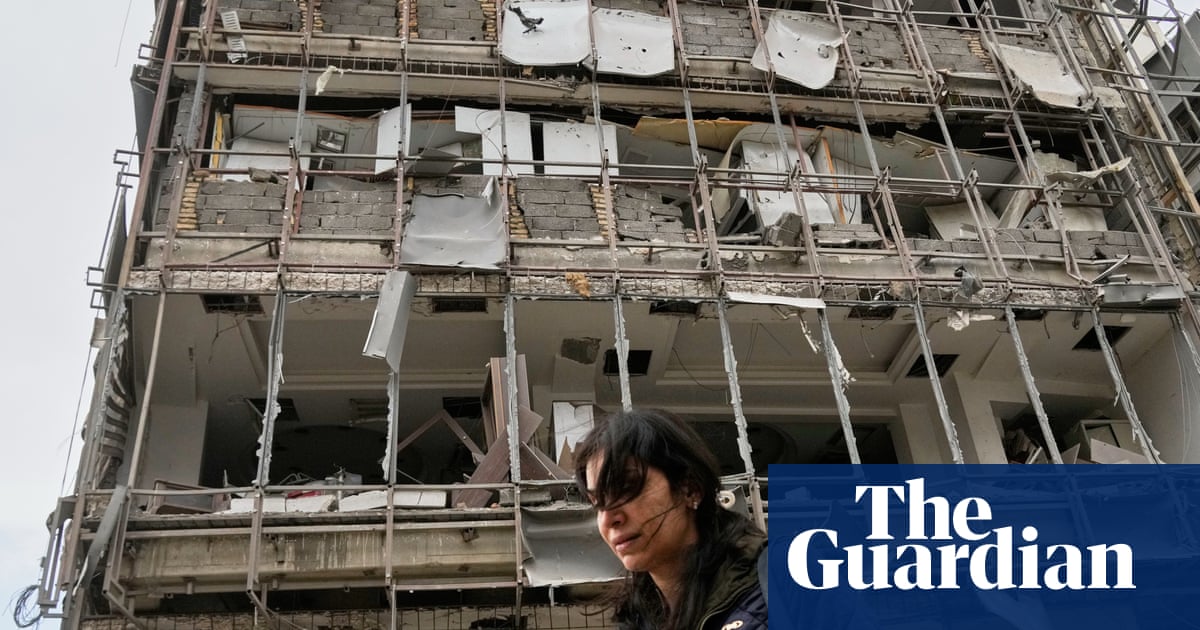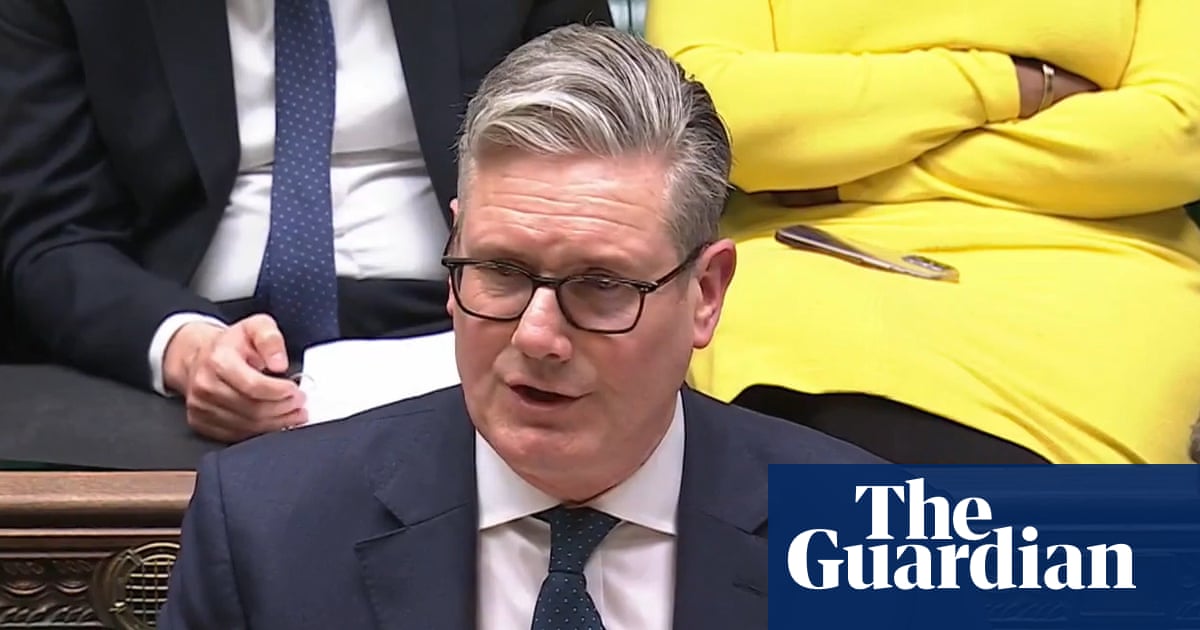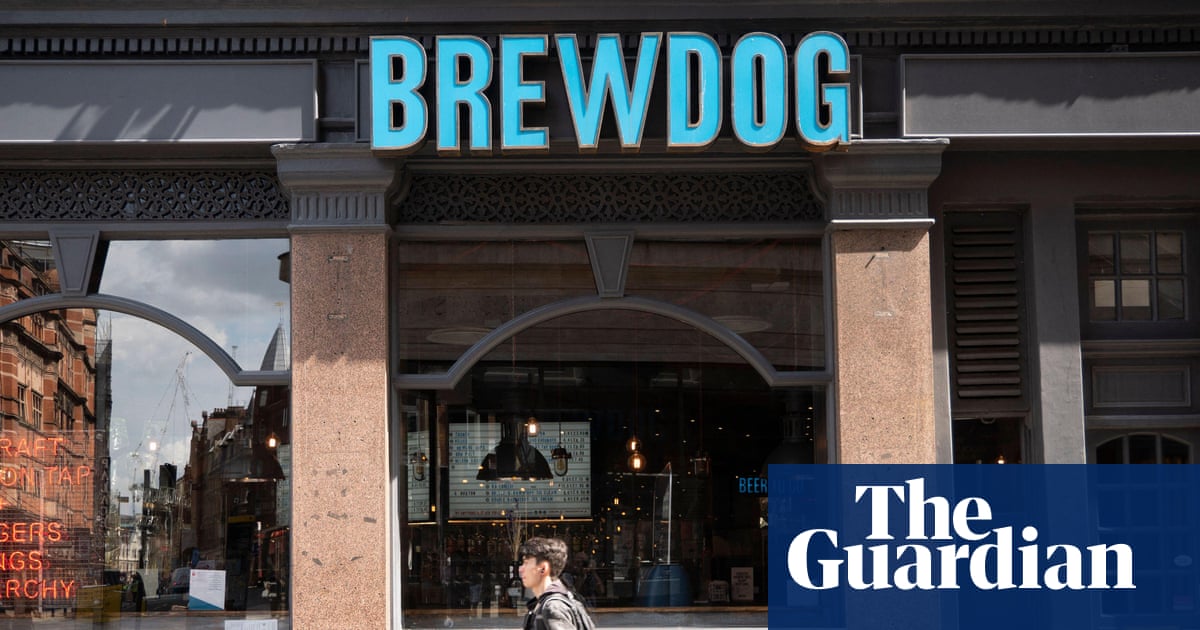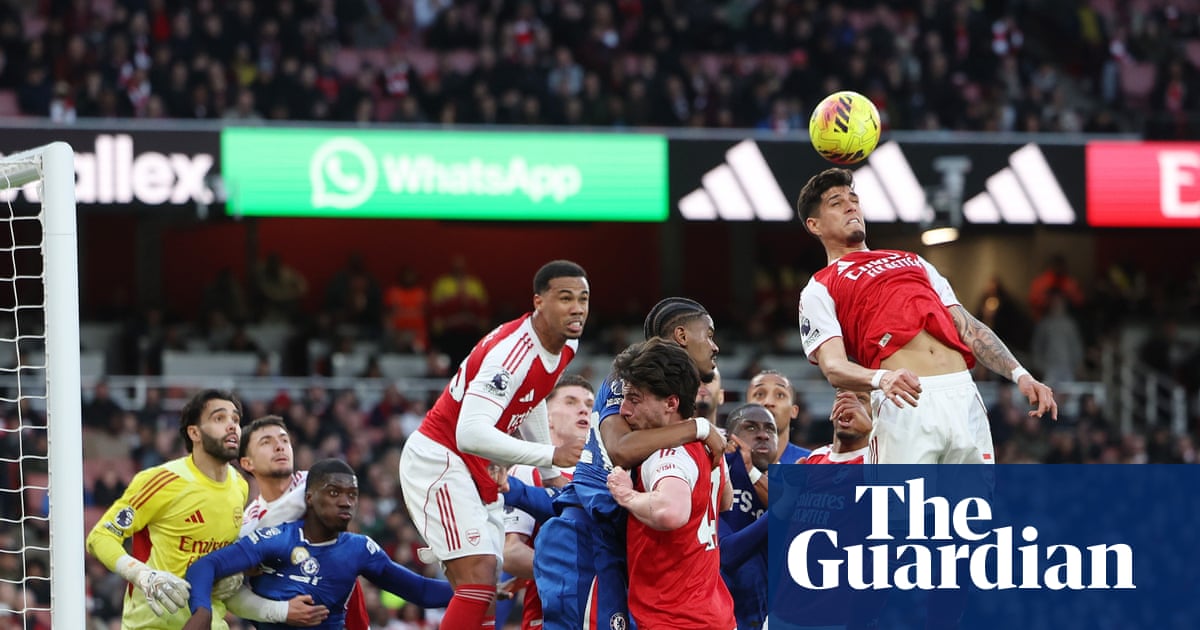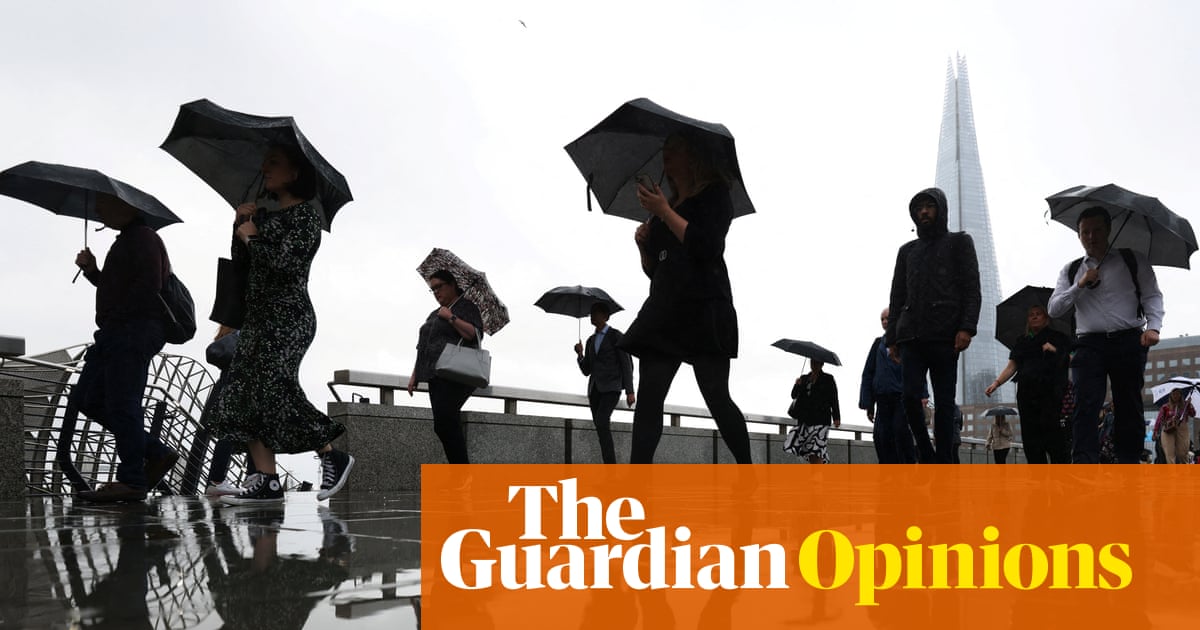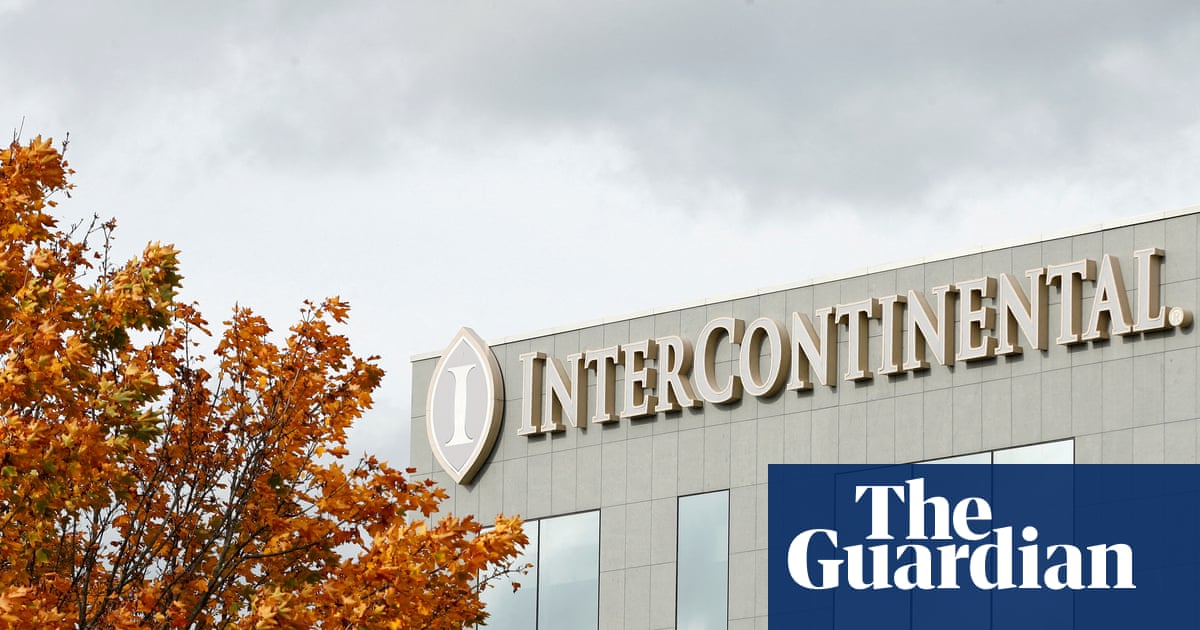Earlier this autumn, Giorgia Meloni laid out the strategic path to a new era of nationalist populism across Europe. Addressing a gathering of the French far-right party Identité-Libertés, which is led by Marine Le Pen’s niece, Marion Maréchal, Italy’s prime minister underlined the need to work towards “the unity of the right and the centre-right” adding “I hope that one day this can also happen in France … but that will depend on you.”
Ms Meloni knows of what she speaks. Her Brothers of Italy party, which has a lineage going back to postwar neofascist movements, became hegemonic under her leadership by mounting a reverse takeover of the Italian right. Less than a decade ago, it scored a marginal 4% in a general election. Currently, it stands at 31% in the polls. Forza Italia, the centre-right party founded by Silvio Berlusconi and a coalition partner in Ms Meloni’s government, is at 8%.
In France, a regularly mobilised “republican front” has seen centre-right voters combine with those on the left to stop Ms Le Pen achieving something similar. But as the conservative Les Républicains party (LR) searches for a way to revive its flagging fortunes, the cordon sanitaire is looking thin and frayed.
Last month it was definitively breached in parliament for the first time, as MPs passed a motion put forward by the far right on an immigration-related theme. Senior conservative figures have meanwhile stopped talking about the threat to mainstream French values embodied by Ms Le Pen and her youthful protege, Jordan Bardella. The former LR president Laurent Wauquiez has even envisioned political cooperation with Sarah Knafo, a rising star in Éric Zemmour’s virulently Islamophobic Reconquête party.
Mr Wauquiez and other influential colleagues argue that the chief political threat facing France comes from the supposed extremism of the left. This self-serving line is relentlessly hammered home by the vast multimedia empire belonging to Vincent Bolloré, the billionaire entrepreneur.
Elsewhere, there is evidence of a similar direction of travel. During negotiations to form the next Dutch government, the centre-right VVD party has declared itself happy to contemplate a coalition including the far right. In Germany’s east, cooperation at a local level between the Christian Democrats and Alternative für Deutschland has become normalised.
Echoing the trend, a landmark vote at the European parliament last week saw conservative MEPs break protocol and ally with far-right parties to water down climate legislation. As with the French national assembly vote, that was a first. With grim candour, one green MEP observed: “It’s a shitty sign for European majorities, it is a shitty sign for Europe.”
During the rightwing populist wave of recent years, there has been no evidence that a political dividend awaits parties willing to accommodate themselves to a far-right agenda. Rather, the reverse. In the US, moderate Republicanism’s attempt to play with Trumpian fire turned out to be the path to oblivion. A determination to keep up with Nigel Farage risks delivering the same outcome for the Conservatives in the UK. Nevertheless, ahead of presidential elections in 2027 whose importance cannot be overstated, a growing section of the formerly Gaullist right seems ready to hang on to the coat-tails of Ms Le Pen. For those who value that tradition, and for mainstream European politics, that is a sorry and depressing state of affairs.

.png) 3 months ago
58
3 months ago
58


